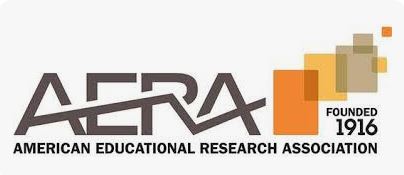Long Island has long maintained the most segregated suburban school system in America. In this case study, we used McGhee’s zero sum vs. solidarity dividend framework to qualitatively examine a group of 42 leaders’ perceptions of school segregation on Long Island as well as how they imagined possible solutions. Findings show that most leaders believed that the current system is unfair but unchangeable, and did not put forth possible solutions, nor, crucially, challenge the underlying zero sum, meritocratic status quo. However, we also highlight examples of leaders who espoused the need to create bridges among racially diverse districts and communities, acting in different ways to uplift the ideals of solidarity. We offer a three-part bridging framework that moves from rhetorical bridging, naming disconnectedness and its harms; through worldview bridging, connecting disparate racialized realities; to community bridging, actively stepping into new relationships and shared spaces. This research shows how important community-facing culturally responsive school leadership is when setting the narrative about racial inclusivity and integration, as well as in shaping the policy reform process. Instead of waiting for necessary top-down changes, we argue that leaders must act now to bring worldviews and communities together for the common good.
Equity and Social Justice Projects

"Long Island Education - Excellence Seeking Equity" broadcast nationally by the Catholic Faith Network, was funded by a $1.6 million grant from the Robert David Lion Gardiner Foundation. This endeavor was a collaboration between the Office of Advancement, the School of Education & Human Services (SOEHS) and the School of Arts & Sciences. In the SOEHS, the research and scholarship was supervised by Dr. Allison Roda and conducted by the many Ed.D. doctoral students who were awarded fellowships.

Realizing the Solidarity Dividend: A New Story for Educational Leadership
Roda, A., Barbour, F., & Bare, K. Realizing the Solidarity Dividend: a new story of educational leadership. Paper accepted as part of a Division G session on Navigating Higher Education and Storying Educational Leadership AERA Annual Meeting, Chicago, IL.

Cognition and Learning Laboratory (CogLe)
The Cognition and Learning Laboratory (CogLe) at Molloy University conducts basic and applied research on the cognitive factors that influence cultural, developmental and social perspectives on learning. In the realm of Social Emotional Learning, faculty at CogLe look at an approach that focuses on promoting self-regulation skills within the social-emotional learning framework.